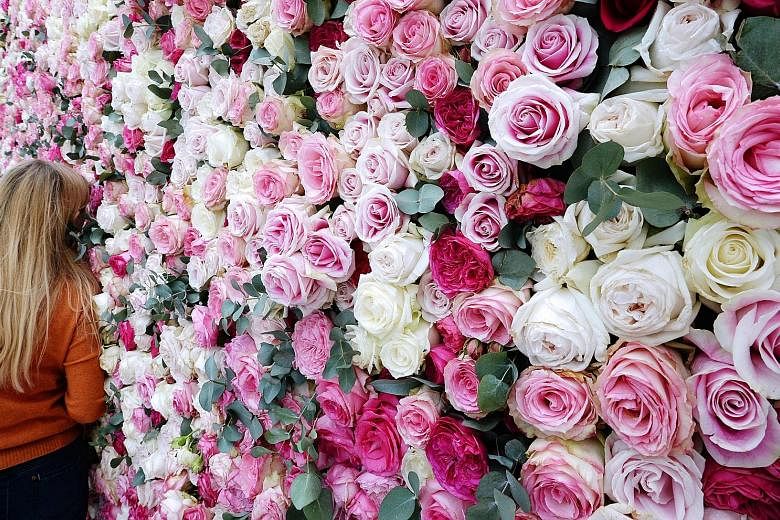The scent of a rose fades over time, and has for hundreds of years.
For centuries, generations of breeding in the quest for longer blooms and petals in shades of nearly every hue have dulled the sweetest smells that once perfumed gardens around the world.
Already a subscriber? Log in
Read the full story and more at $9.90/month
Get exclusive reports and insights with more than 500 subscriber-only articles every month
ST One Digital
$9.90/month
No contract
ST app access on 1 mobile device
Unlock these benefits
All subscriber-only content on ST app and straitstimes.com
Easy access any time via ST app on 1 mobile device
E-paper with 2-week archive so you won't miss out on content that matters to you

